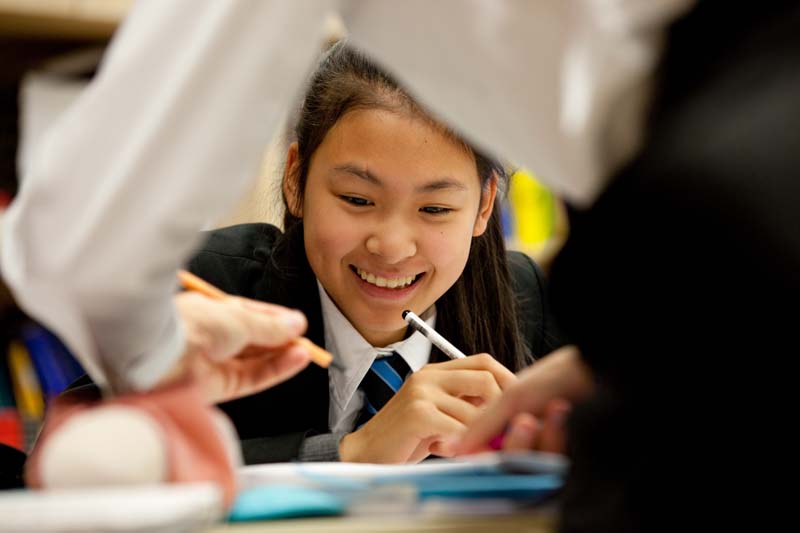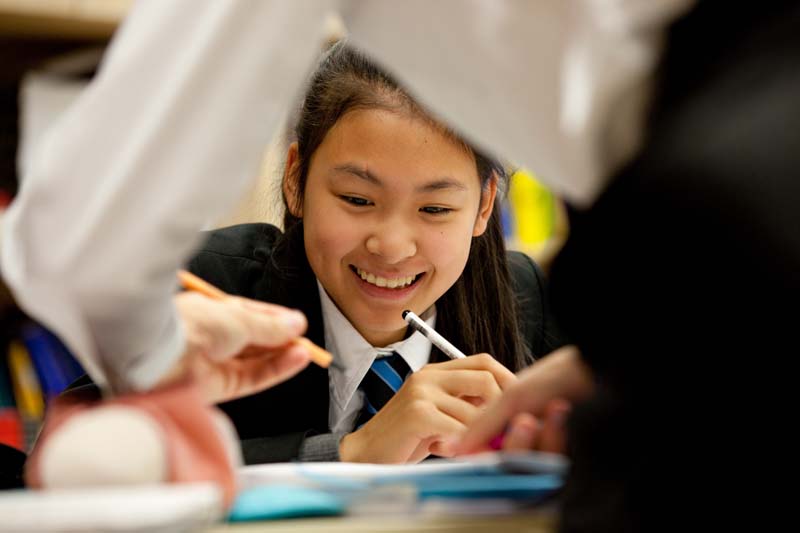We use cookies to improve your online experiences. To learn more and choose your cookies options, please refer to our cookie policy.

How should parents help their child revise for examinations? As the academic school year comes to an end and exams are right around the corner, many parents debate how best to help their child revise. The most frequently asked question is how much guidance is helpful. Here are some helpful suggestions to get you started.

1. As a parent, what is the most important thing to know when helping your child revise?
The most important thing is organisation. Children usually have a number of subjects to revise and so they need to plan their revision accordingly. Younger children may find this difficult. Cramming it in the night before does not work.
I tell parents that they should create a revision table as guidance for their children. This way you can ensure that they don’t forget to allow time for breakfast, lunch and dinner, music lessons and whatever goes on in life on a normal basis. Allocate the time between fixed commitments to revise for exams. Children need time for normality during exams periods. They need to have rest in between study times so that their brains have a chance to absorb information.
Once you’ve established a timetable, you can support your child while they are revising. Encourage them to make notes, whether its index cards or even mind maps. This helps your child to remember things. The process of writing and reading will help your child to reinforce their thoughts and what they have learned. As a parent, it also helps to read those notes as it gives you a chance to quiz your child over breakfast or dinner time.
2. What is the biggest mistake that students or parents make when revising for exams?
The biggest mistake I have seen parents make is to force them to revise for a long period of time. Revision is like eating: it’s better to eat several small meals a day than one big meal once a day. Similarly, when revising for exams, children should feed their brains with information and take some time to relax and do things that are fun. Learning should be broken in to digestible sections, so that the brain has a chance to remember and solidify concepts. Preparing for exams should not be a miserable experience. It should be fun, interesting and engaging.
3. How much help is helpful?
The best way to help your child learn is to help them learn for themselves. It’s very natural to want to help your child with homework when you see them struggling. If your child does not learn how to do something on their own, they won’t ever be independent. Try to get them to do homework in the same room as you so they can turn to you if they need help. Let them struggle with trying to find the answer. You can help your child more at first, and then gradually give less and less help so that they can finally learn to figure out problems on their own.
4. How do I know when my child is doing well with his revision or not?
Speaking from personal experience, my two children are very different. My eldest child has different gel pens to colour code all her notes. My youngest has a hard time concentrating for long periods of time. The eldest will do all her geography homework in one sitting. The youngest will do geography for five minutes before she will want a snack, play with the cat, or want to find her book. She gets easily distracted. If you’re in the same room as your child, then it’s easier to spot and manage those distractions and get them back on track.
5. Do you think revision differs between cultures?
People have different attitudes towards revision. What’s the best way for a child to learn something? Is it better to write it all down? Repeat it? Is it better to make notes? All these techniques help—you have to find a way that works for you and your child. Children learn in different ways and at different speeds. The important thing is that you get to the end point of revision, but the journey there can be different.